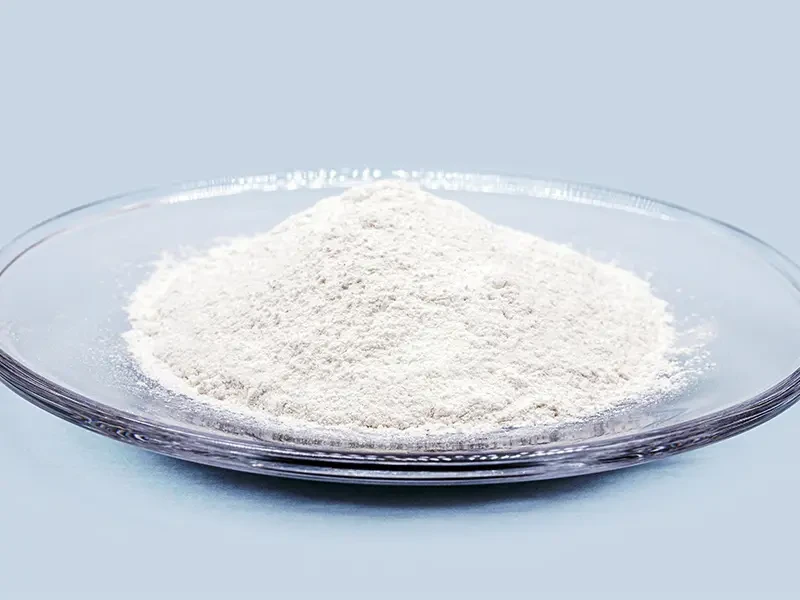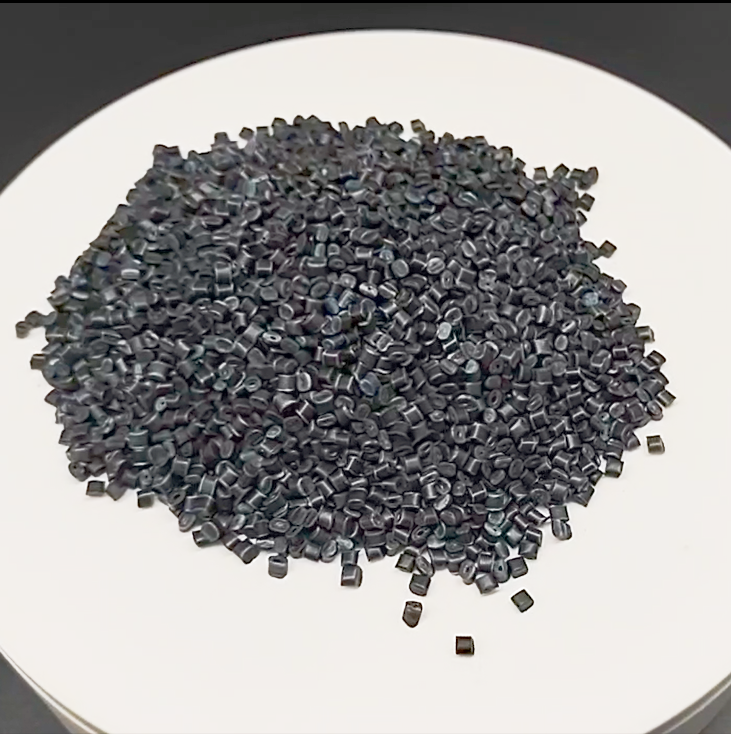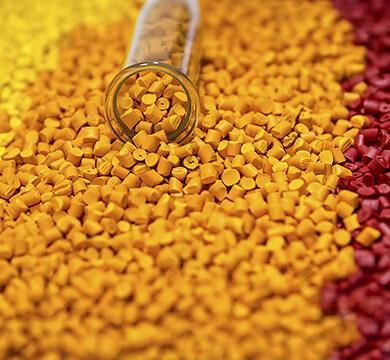Erreur de format d'e-mail
emailCannotEmpty
emailDoesExist
pwdLetterLimtTip
inconsistentPwd
pwdLetterLimtTip
inconsistentPwd

Offer Technical Support and Customized Solutions
The company is committed to creating new and improved plastic materials to meet the evolving demands of the market.

Introducing Talcum Powder: The Marvel of Plastic Modification
Introduction
Talcum powder, a mineral-derived substance finely ground from talc deposits, stands as a remarkable tool in the realm of plastic modification. With its myriad benefits and versatile applications, it has earned its reputation as a quintessential ingredient in the plastic processing industry.
Enhancing Plastic Properties:
When integrated into polymers, talcum powder works wonders in augmenting their rigidity and bolstering dimensional stability. Its presence effectively curbs the high-temperature creep of molded components, thus prolonging the lifespan and durability of plastic products. Furthermore, the incorporation of talcum powder can significantly elevate the tensile and impact strengths of plastic components, ensuring enhanced performance across various applications.
Our material PP T20 HN_PP+EPDM-TD 20 is 20% talc filled material.
Versatile Applications:
The utility of talcum powder transcends conventional boundaries, finding extensive applications across a diverse spectrum of industries. From plastics and rubber to paints and coatings, its role as a reinforcing and modifying filler remains unparalleled. Its distinctive attributes, including stabilizing product shapes, boosting tensile and shear strengths, and reducing deformation, render it indispensable in numerous chemical formulations.
Technical Specifications and Classification:
Talcum powder is systematically classified based on its intended applications, spanning grades tailored for plastics, rubber, coatings, pharmaceuticals, and more. Critical technical parameters such as mesh size, whiteness, and loss on ignition serve as vital indicators of quality and performance. The refinement of these specifications underscores the continuous evolution and optimization of talcum powder for various industrial needs.
Innovative Advancements:
With advancements in technology, talcum powder production has witnessed significant progress, with finer particle sizes and enhanced purity becoming achievable. This progress not only expands the horizons of its applications but also underscores its pivotal role in driving innovation within the plastic processing landscape.
Conclusion:
In conclusion, talcum powder emerges as a quintessential asset in the realm of plastic modification, offering a plethora of benefits ranging from enhanced mechanical properties to improved processability. Its versatility, coupled with its ability to address diverse industrial needs, positions it as an indispensable component in the arsenal of materials engineers and manufacturers worldwide. As technology continues to advance and industrial demands evolve, the significance of talcum powder in shaping the future of plastic processing remains unwavering.

